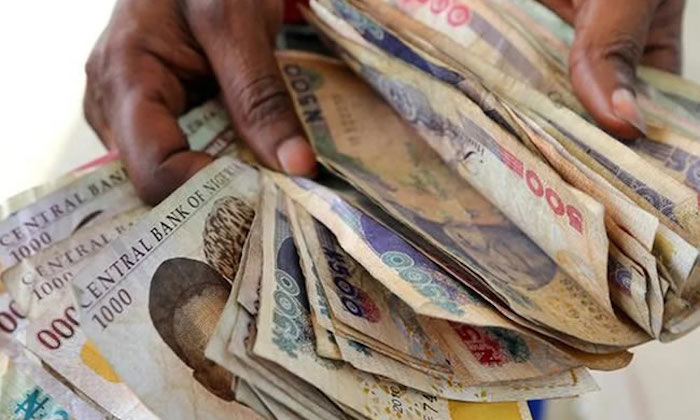The Supreme Court of Nigeria has stated that its February 8 judgment prohibiting the Federal Government and its agencies from enforcing the February 10 deadline for the use of old naira notes, including the 200, 500, and 1000 naira notes, remains in effect.
The top court revealed this on Wednesday in response to a complaint by Abdulhakeem Mustapha (SAN), advocate for Kaduna, Kogi, and Zamfara states, that the Federal Government and its agencies had refused to comply with the judgment and have reportedly instructed the rejection of the old notes.
Mustapha stated that the plaintiff submitted a notice of noncompliance with the February 8 court order. And urged the court take action against the defendant to preserve the court’s dignity.
He continued, “The government has disregarded this order. We are discussing executive lawlessness. We have filed an affidavit stating this… We want the court to renew the guidance order for the parties.”
Justice John Okoro, who presided over a seven-member court panel, requested that Mustapha file a formal application to present his objections and to allow the respondent to reply correctly.
Justice Okoro stated that a renewal of the court’s injunction was unnecessary.
Since the order issued by the court on February 8 was issued pending the outcome of the plaintiff’s application for injunctions, the order remains in effect since the motion has not yet been heard.
In a judgement issued on February 8, the court stated, “after careful review of this ex-parte application and the grounds in favor thereof, this court determines that there is an immediate need for this court to act by granting this motion.
“Accordingly, this request is approved as requested.
“That is, an order of interim injunction restraining the Federal Government of Nigeria, either by itself or acting through the Central Bank of Nigeria (CBN) and/or the commercial banks, its agents; agencies, corporations, ministries, parastatals, organizations or through any person or persons (natural and artificial) howsoever, from suspending or determining or ending on February 10, 2023 the timeframe within which the now older versions of the 200, 500 and 1,000 naira banknotes must be withdrawn
The Supreme Court has scheduled February 22 for the hearing of the petition filed by the states of Kaduna, Kogi, and Zamfara contesting the legality of the Federal Government’s naira swap scheme.
The court selected the date after adding the Attorneys General of the states of Katsina, Lagos, CR, Ondo, Ogun, Ekiti, and Sokoto as co-plaintiffs to the earlier claim filed by Kaduna, Kogi, and Zamfara.
The court also joined as co-respondents the Attorneys General of the states of Edo and Bayelsa. Both states chose to support the Attorney General of the Federation (AGF), who was initially designated as the lone defendant.
The court directed that the lawsuits filed individually by the states of Nasarawa, Rivers, and Kano on the same subject be combined with the lawsuit brought by the states of Kaduna, Kogi, and Zamfara.
The court ordered the parties to submit all essential documentation prior to the Wednesday hearing.
Before adjourning, Justice Okoro instructed Kanu Agabi (SAN), attorney for the AGF, to counsel his client to ensure the availability of cash for the people.
“Inform your customer to give others money. If they proceed to the ATM, the plaintiffs will withdraw the lawsuit. Make money accessible to the impoverished masses.
“You should be aware that a hungry man is a hostile man. I say no more,” he said.
Agabi responded that Nigerians only blamed the government for their poverty.
“Many people are impoverished. They blame it on the federal government and the AGF. I don’t have money too.
“Things have been poor for some time. “The troubles did not begin today,” Agabi stated.
The governors of Kaduna and Kogi states, Nasir El-Rufai and Yahaya Bello, were present in court to observe proceedings.
Bello stated, following the court proceedings, that the states are not at war with the Federal Government over its cashless policy, but are merely concerned about its detrimental effects on the population, who are now denied access to their funds.
